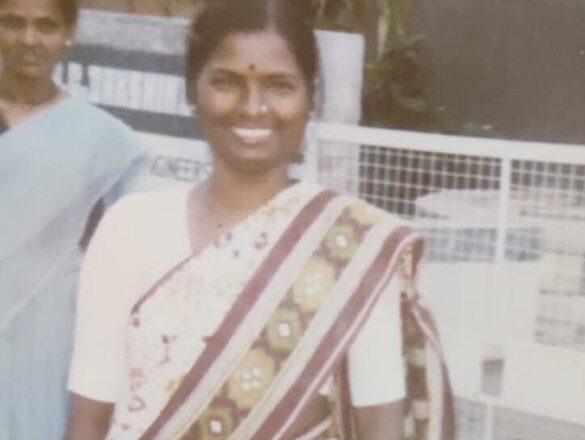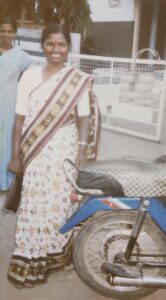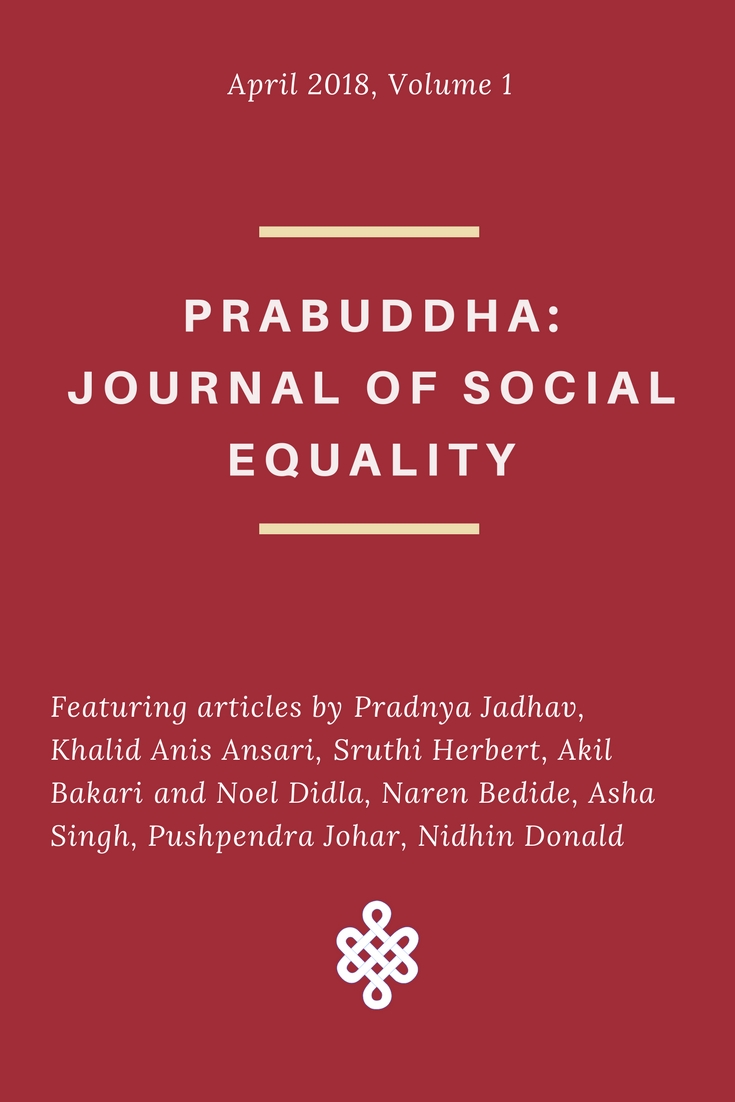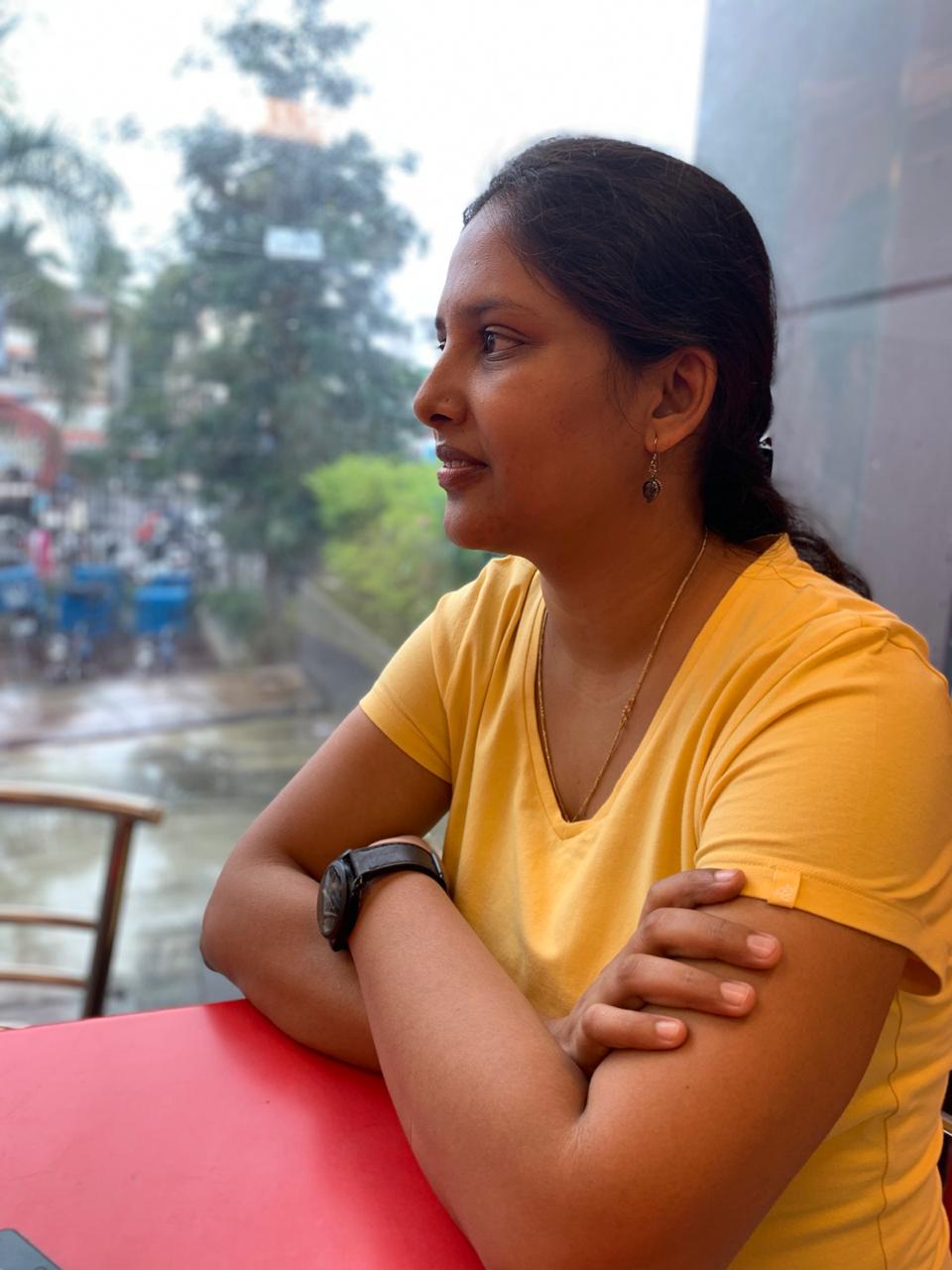Sindhu Suradkar
The fifth volume of Prabuddha: Journal of Social Equality has been published and it carries articles by women authors from anti- caste thought and indigenous radical movements in the USA. SAVARI is happy to share an excerpt from: ‘Education is the only Choli-Bangadi I am Giving to my Daughters’ Prabuddha: Journal Of Social Equality, 5(1), 1-10
Abstract: Intergenerational conversations in emancipatory movements empower each new generation with the pedagogy about who we are. Both the unchanging and changing aspects of the social structures are transmitted through these conversations. Sindhu Suradkar has been a community worker from the time she completed her studies, here, she is in conversation with Pradnya Garud. The memories of her natal and marital families, and their role in shaping her values and social commitments forms a large part of this exchange.
[…]
Whatever I will say today, it will be majorly about my parents, since it is because of them I am able to come to this stage. My father believed that education would bring us a bright future, the days of subsistence living will be gone. In Maharashtra Choli-Bangadi [a blouse and bangles] for the daughter in a family has tremendous value, it is an honour that brothers and father give to their daughter. When people saw my father was unable to fulfil this, they would ask him to put a full stop to our educational expenses. At that time, he used to tell them—Education is the only Choli-Bangadi I am giving to my daughters, and this will remain with them forever. I am doing this so they become independent, and will not have to rely on their brothers or their parents. They will make their own life. And to no surprise, whatever my father had envisioned has come to be! I could earn and preserve my self-respect. I know, no work is less or undignified, but I always feel we should strive for something better. We were a big family; as the family expanded more responsibilities came onto my shoulders. As my elder brother was very quiet, and always lived in his own world, I would have to manage even the monetary matters, for instance if sometimes there would be no ration at home, it used to be my job to see how that would be gained. Asking neighbours for ration was never an option. I would mortgage our copper utensils and buy ration. The situation was indeed very critical.
School was quite far from our house it was a 25 minute walk. Secondary school was even farther. After completing 7th grade I had to go extra miles to attend school. It was around 15 km away from our home. Many girls from our locality had dropped out since the distance between home and the school was too much. I was the only one from our locality who went to attend secondary school. When my 8thstandard began my father faced a lot of opposition from the villagers, everyone told him it is of no use to give education to daughters, ultimately they go to someone else’s home. Despite this, my schooling did not get affected; my father never reconsidered his decision and only encouraged me. So, I continued going to school and somehow completed my matriculation, being the first girl from our community in that area.
My father never let anything fall short on us, there were days we would live on just water but we never asked for help. Self-respect is above all; at times we took a loan but never asked for help. That was how we were raised. My father was a tractor driver in the State Agriculture Department. There was a time we would wait until our father arrived, he would bring maize, jowar or bajra, we used to cook the grains and eat. My mother would tell us that whenever a baby was born in our family, the birth of the new-born was celebrated on the 12th day, it was called Baravi, [12thday]. My father would celebrate the day with great enthusiasm; he would invite singers who sang bhimgeets [songs eulogising Dr. Bhimrao Ambedkar]. Because we were 5 daughters, people used to say, why educate the daughters? But my mother was very upfront, she would say, be it a girl or a boy, a mother goes through the same intensity of pain while giving birth so why should we bother much. I feel my mother was named rightly—her name was Savitri and she lived like Savitri. 15 years ago my father passed away and a year after that my mother left too. In our lifetime we never saw them fighting or arguing with each other. My mother was very calm but very strict with us. She used to sing beautifully, tears would stream down listening to her voice –it was so deep. She used to compose and sing Ovya [short poems/verses recited in Marathi] in praise of Babasaheb, especially when she ground the grains on the stone grinder. I feel immensely proud of my parents because they gave us everything—education, vision despite being unschooled themselves. […]
Read the full article here: Prabuddha: Journal Of Social Equality, 5(1), 1-10.




